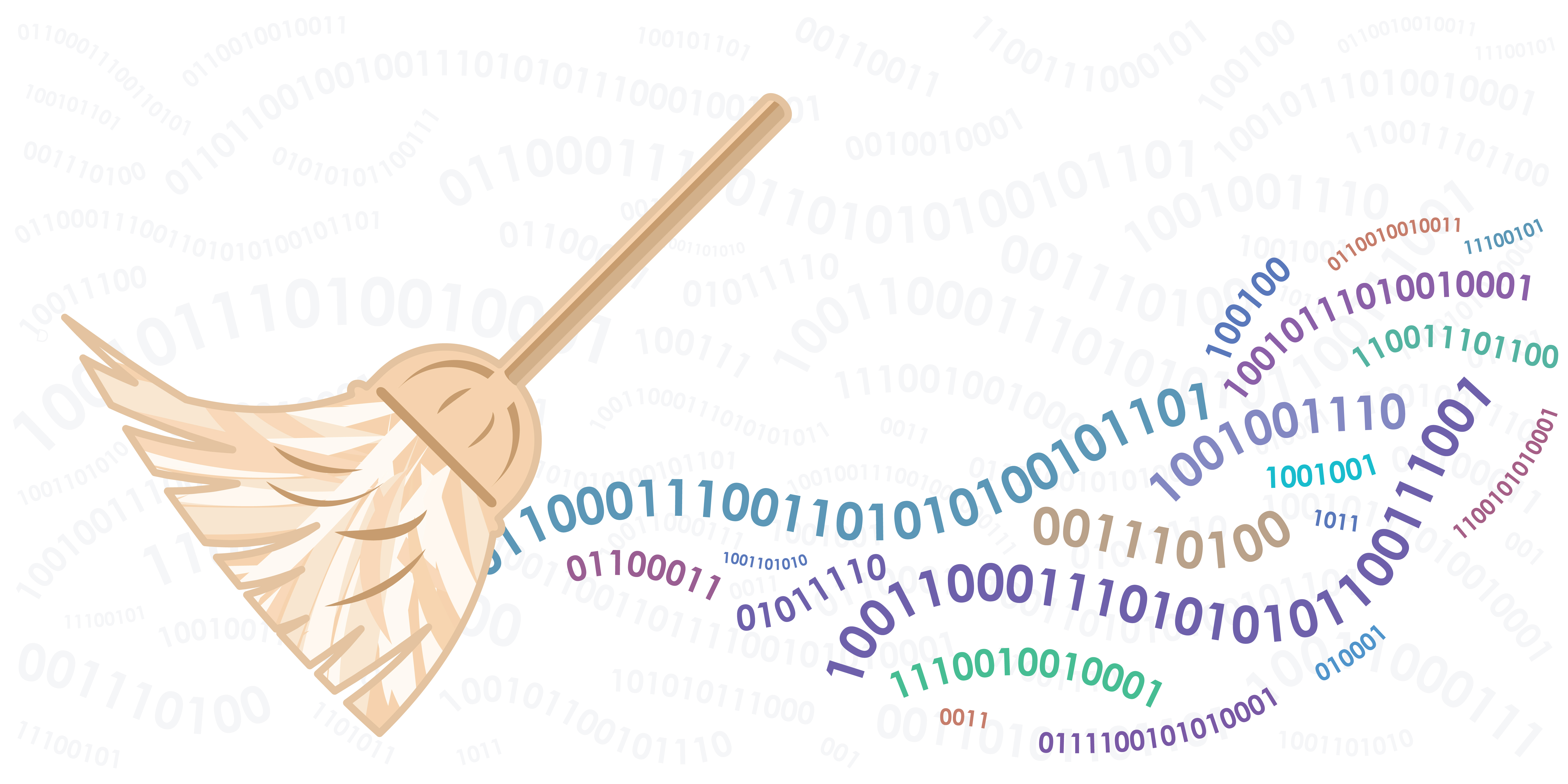Full Data Package |
Data Dictionary |
Methodology |
Supplementary Files |
|||||
|---|---|---|---|---|---|---|---|---|
Create new odc-tbi Account and/or log in to download the file. |
||||||||
Combined dataset of Rodent Gambling Task in rats after brain injuryDOI:10.34945/F5Q597DATASET CITATIONVonder Haar C., Martens K. M., Frankot M. A. (2022) Combined dataset of Rodent Gambling Task in rats after brain injury. ODC-TBI:703 http://doi.org/10.34945/F5Q597ABSTRACTSTUDY PURPOSE: The goal of this analysis set was to compare data collected across four separate studies, all of which evaluated the effects of traumatic brain injury on the Rodent Gambling Task (RGT). This combined data would have sufficient power to analyze both overall and trial-by-trial outcomes.DATA COLLECTED: Data were collected across four studies comprising training and testing on the RGT. Three studies were bilateral frontal controlled cortical impact injuries and one was unilateral, parietal controlled cortical impact. Two trained rats before injury, and two after. A total of 109 rats in TBI or Sham conditions (no other manipulations) can be extracted from these data. Two of these studies are published, one is in review, and one is in preparation for publication.CONCLUSIONS: Our key finding from the manuscript was that theoretical approaches (sensitivity to overall outcomes vs. sensitivity to immediate outcomes) was less effective at accounting for data than an unbiased k-means clustering approach. The clustering readily identified different phenotypes of decision-making on this task and TBI rats were less likely to be in the "optimal" category and instead were evenly spread across all other categories. The current findings suggest that TBI does not engender a "risky" decision-making trait per se, but rather fundamentally changes the preference for outcomes of rats with injury.KEYWORDSTraumatic brain injury; Decision making; rat; phenotype; ImpulsivityPROVENANCE / ORIGINATING PUBLICATIONS
RELEVANT LINKSNOTES RE: repeated lines for the "premature" variable are due to the way in which the task was programmed. A premature response caused a "repeat" of the same trial. Thus, multiple lines of premature responses for the same trial are independent events and not accidental duplication.
|
DATASET INFOContact: Vonder Haar Cole (cole.vonderhaar@osumc.edu)Lab: Vonder Haar Lab
|
|







